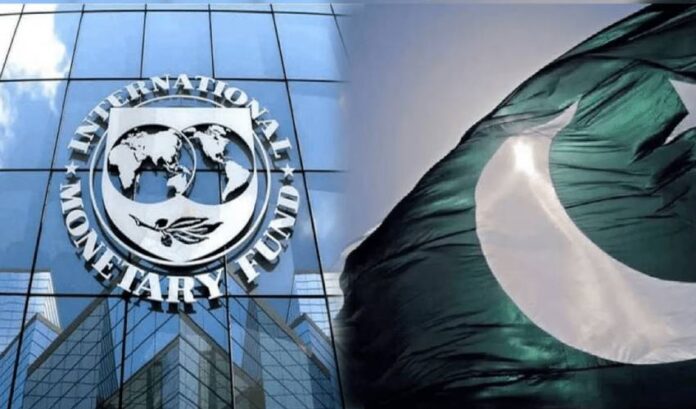The government has presented Pakistan’s first National Industrial Policy (NIP) to the federal cabinet for approval, setting targets of $60 billion in exports by 2030, 6 percent GDP growth, and 8 percent annual manufacturing growth by the end of the decade. According to a report by Dawn News.
However, the Ministry of Finance has directed the Ministry of Industries and Production to first secure the International Monetary Fund’s (IMF) approval for the proposed incentives. Officials said a meeting between IMF representatives and a team led by Special Assistant to the Prime Minister on Industries and Production Haroon Akhtar Khan is expected later this month to discuss the fiscal cost of these incentives.
The policy outlines major hurdles to industrial growth, including macroeconomic instability, policy uncertainty, high borrowing costs, costly industrial land, excessive regulation, and unreliable power supply. It also notes limited access to long-term credit and weak investor protection under an inadequate insolvency framework.
The NIP highlights uneven taxation, where manufacturing faces a heavier burden while real estate, construction, wholesale and retail remain undertaxed. It proposes a predictable and transparent tax regime aligned with IMF-backed reforms, a broader tax base, and a review of the corporate income tax rate of 29 percent, above the regional average of 26 percent, along with reassessment of the super tax.
The policy also cites foreign exchange shortages, delays in dollar access for imports, and restrictions on profit repatriation as key deterrents to foreign direct investment. It calls for reforms to strengthen product standards and certification, and recommends lowering port charges at Karachi Port Trust and Port Qasim Authority, which are among the highest globally.
To assist struggling firms, the NIP proposes creating a National Industrial Revival Commission (NIRC) and strengthening intellectual property rights through the Patent Cooperation Treaty and improved enforcement by the Intellectual Property Organisation of Pakistan (IPO).
It also stresses inclusive industrialisation, noting that women remain largely excluded from industrial entrepreneurship and management. “Women remain at the periphery and suffer from a sense of not belonging. This needs to change, and more women industrialists must be promoted,” the policy states.




